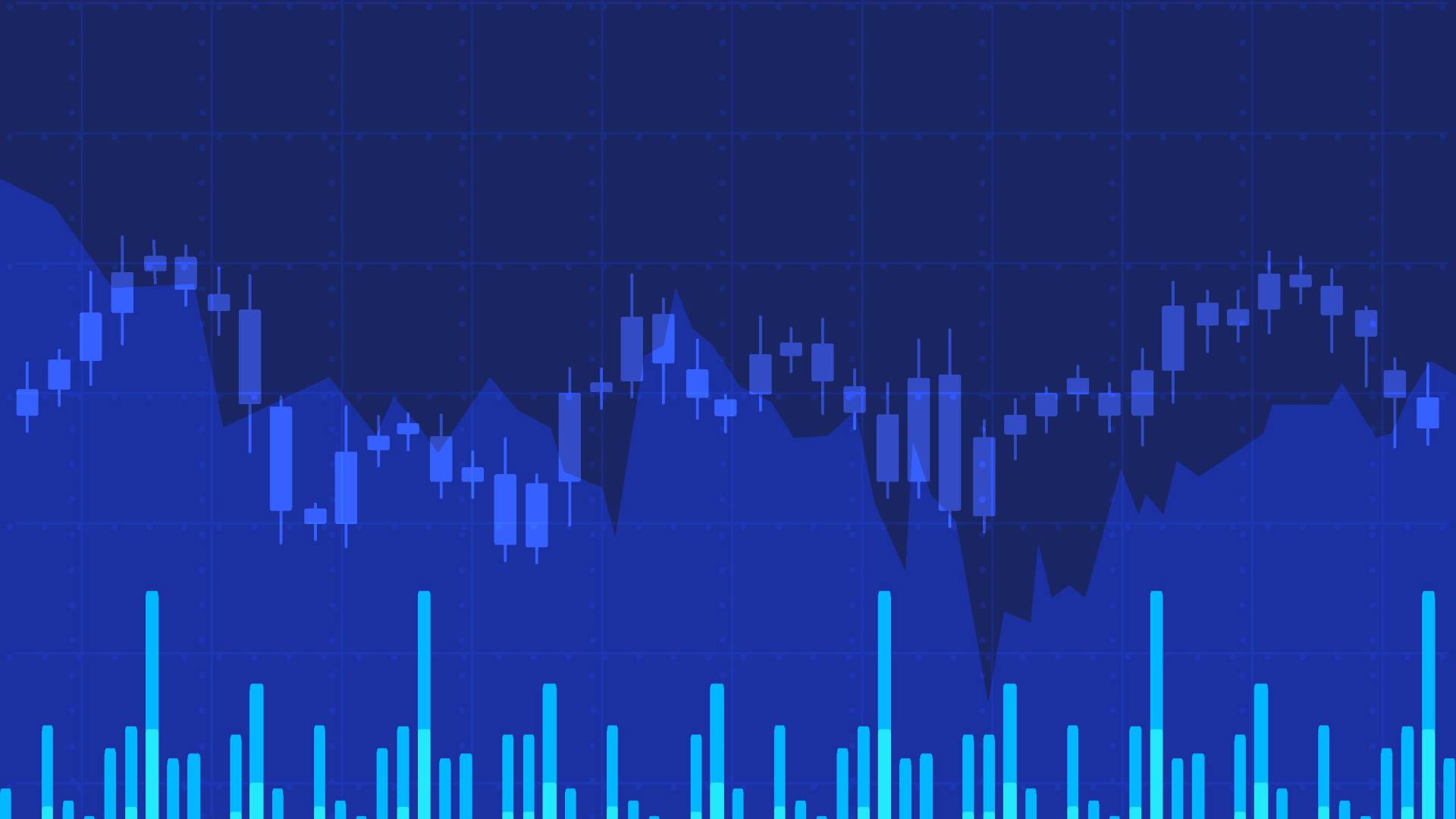“While it’s still in its infancy, quantum computing through simulation is already showing tremendous potential, particularly in solving complex optimization problems,” says Jerry Silva, research director, Global Banking at IDC. “As the hardware underlying quantum computing matures even further, those same solutions will reach exponentially faster speeds and be more and more available to the broader banking market.”
In 2019, BOA strategist said “Quantum Computing would be as revolutionary in this decade as smartphones were in last decade”. Highly complex and exceptionally fast models are the primary use cases that will require Quantum computers for fast and practical execution. For example, in valuation, the ability to identify quickly an optimal risk-adjusted portfolio is likely to create significant competitive advantage. For loan and bond portfolios, more precise credit exposures will lead to optimized decisions. The risk in payments and transfers can be minimized using quantum encryption.
Major financial activities including asset pricing, securities pricing, portfolio optimization are implemented using complex algorithms and the system should to be able to assess a range of potential outcomes. Decade old setups though workable are neither effective nor accurate, as was shown during the financial crisis of last decade. The events with lowest probability occurred more frequently.
In this data-loaded world, there is sheer need to calculate probabilities more accurately. Day by day conventional computers are getting pushed to its limit for calculation. Several banks are turning to a new generation of processors that uses principles of quantum physics to masticate large amount of data at superfast speed.
Using quantum computing to analyze effectively large and unstructured data sets can help banks improve customer service and enable them to make better decisions. It is believed that financial institutions that can harness quantum computing are likely to see significant benefits.
Financial Institutions showing confidence in quantum computing:
- JP Morgan
- Citigroup
- Wells Fargo
- Mizuho
- Mitsubishi Financial Group
- BBVA (Spanish Multinational Financial Service Company)
- Caixa Bank
- Standard Chartered
Financial models in use:
- A Monte Carlo simulation is a model used to predict the probability of different outcomes when the intervention of random variables is present.
- Monte Carlo simulations help to explain the impact of risk and uncertainty in prediction and forecasting models.
- A variety of fields utilize Monte Carlo simulations, including finance, engineering, supply chain, and science.
- The basis of a Monte Carlo simulation involves assigning multiple values to an uncertain variable to achieve multiple results and then to average the results to obtain an estimate.
- Monte Carlo simulations assume perfectly efficient markets.
- The Black-Scholes Merton (BSM) model is a differential equation used to solve for options prices.
- The model utilizes five inputs: asset price; strike price; interest rates; time to expiration; and volatility.
- The Black-Scholes model won the Nobel prize in economics.
- The standard BSM model is only used to price European options as it does not take into account that U.S. options could be exercised before the expiration date.
- The Heston Model is an options pricing model that utilizes stochastic volatility.
- This means that the model assumes that volatility is arbitrary, in contrast to the Black-Scholes model that holds volatility constant.
- The Heston Model is a type of volatility smile model, which is a graphical representation of several options with identical expiration dates that show increasing volatility as the options become more ITM or OTM



I’m now not positive the place you are getting your information, but good topic. I must spend a while finding out much more or understanding more. Thank you for great info I used to be in search of this information for my mission.
This web site is really a walk-through for all of the info you wanted about this and didn’t know who to ask. Glimpse here, and you’ll definitely discover it.
Some really interesting information, well written and broadly speaking user friendly.
Somebody necessarily lend a hand to make significantly posts I might state. That is the very first time I frequented your website page and up to now? I surprised with the analysis you made to make this actual put up extraordinary. Magnificent process!
hello there and thank you for your information – I have definitely picked up anything new from right here. I did however expertise a few technical issues using this website, as I experienced to reload the website lots of times previous to I could get it to load properly. I had been wondering if your web host is OK? Not that I am complaining, but slow loading instances times will very frequently affect your placement in google and can damage your high-quality score if ads and marketing with Adwords. Well I am adding this RSS to my email and can look out for a lot more of your respective fascinating content. Make sure you update this again soon..